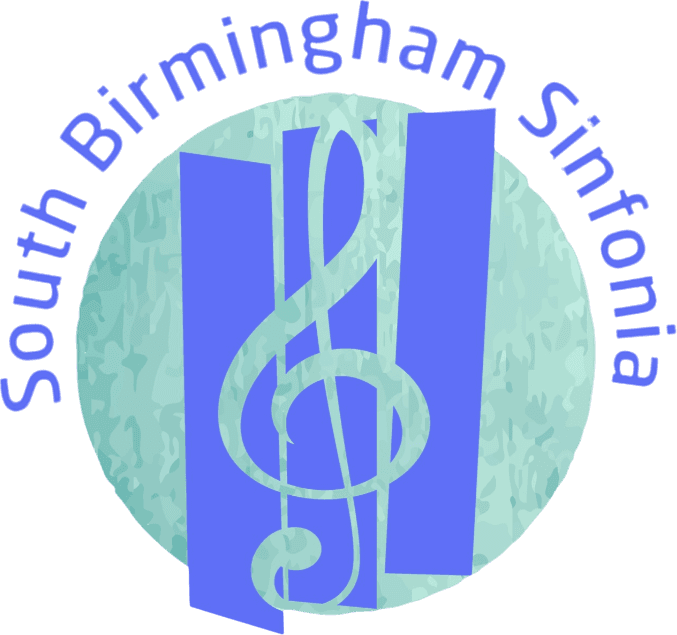Saturday, 9th February 2019, 7.30pm, at the Ruddock Performing Arts Centre.
- Grieg’s Peer Gynt Suite number 1
- Brahms’ Double Concerto in A minor for Violin and Cello, with Michael Bochmann (violin) and Peter Adams (cello)
- Dvořák’s Eighth Symphony in G major
Conductor: Jon Hargreaves
South Birmingham Sinfonia gives you a feast of much-loved romantic classics (if that is not a contradiction in terms) in their February 2019 concert.
SBS are particularly fortunate to have soloists Michael Bochmann (violin) and Peter Adams (cello) for the performance of the Brahms Double concerto.
Grieg’s Peer Gynt Suite number 1 hardly needs any introduction, the music being better known than anything that could be written about it. Suffice it to say that this is the suite that starts with “Morning” and ends with “The Hall of the Mountain King”, perhaps the very best-known music by Grieg out of all of his works.
And the concert ends with Dvořák’s most sunny and colourful symphony, written in Prague in 1889 and based on Czech folk styles, the Eighth in G Major.
Programme Notes
Grieg’s Peer Gynt Suite number 1
Grieg write his incidental music to Ibsen’s play Peer Gynt in 1875, and it was first performed with the play in 1876. Grieg later, (1888 and 1891) extracted two suites of four movements each from the music to be performed in their own right. Both are very well-known indeed to this day. SBS will be performing the first of the suites which is almost certainly the best known of Grieg’s orchestral music.
- Morning
- The Death of Åse
- Anitra’s Dance
- In the Hall of the Mountain King
It almost seems superfluous to give any notes on these: if the titles are not familiar then the tunes certainly will be. The suite starts with Grieg’s optimistic “morning mood” featuring particularly the strings, follows with the slow and stately but lyrical funeral music for Åse, Anitra’s delicate dance over pizzicato strings, and finishes with the well-known depiction of the trolls (lead by the bassoons) serving in the Mountain King’s Hall.
Johannes Brahms’ Double concerto in A minor for Violin, Cello, and Orchestra
This is Brahms’ last work for orchestra, composed in the summer of 1887 and performed in October that year.
There are three movements,
- Allegro (A minor)
- Andante (D major)
- Vivace non troppo (A minor then A major)
Interestingly, for a piece so firmly in the current repetoire Brahm’s contemporaries reacted rather negatively to the concerto. Richard Specht described it as “one of Brahms’ most inapproachable and joyless compositions”. It will be up to SBS’s audience to prove him wrong, as I am sure you will do!
Not so much joyless, it is much more of an intensely personal journey that Brahms takes us on from an opening cadenza through the lyrical and romantic to a bubbling finale.
SBS are particularly fortunate to have soloists Michael Bochmann (violin) and Peter Adams (cello) for this evening’s performance.
Dvořák’s Eighth Symphony
The eigth symphony by Dvořák is one of Dvořák’s best known and colourful works. It was composed in 1889 and first performed in February 1890. Despite labelled as “G Major” it features the typical alternation of major and minor so typical of Czech folk song, and is therefore very much reflects its time and place of origin in Prague.
There are four movements,
- Allegro con brio (G minor, G major)
- Adagio (E♭ major, C minor, C major)
- Allegretto grazioso – Molto vivace (G minor, G major)
- Allegro ma non troppo (G major)
© Sadie Kaye for SBS, August/September 2018.
